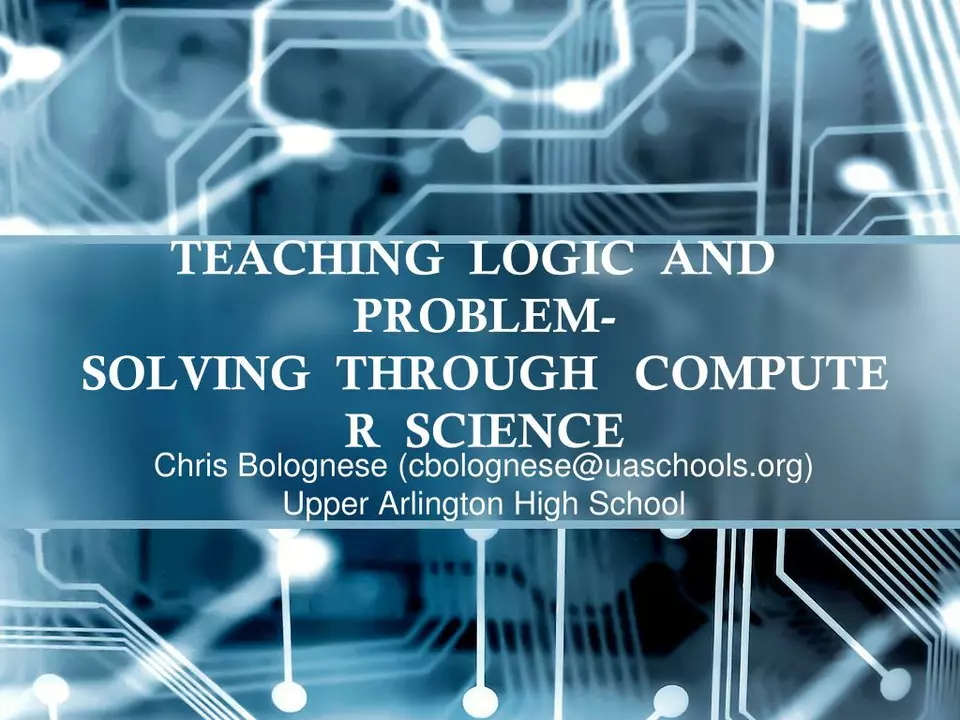Fundamentals: Simple Guides to Tech, Science, and Jobs
Ever feel overwhelmed by jargon when you try to learn something new? You’re not alone. The best way to cut through the noise is to focus on the basics – the fundamentals. Whether you’re puzzling over quantum tech, planning a tech career, or just curious about how science and technology feed each other, starting with core concepts makes everything easier.
Why Fundamentals Matter
Fundamentals give you a solid foundation to build on. Think of them as the bricks in a wall; without strong bricks, the whole structure can crumble. When you understand the core ideas behind a topic, you can spot patterns, solve problems faster, and avoid getting lost in buzzwords. For example, knowing that quantum technology relies on the strange behavior of tiny particles helps you grasp why it’s so powerful and also why it’s tricky.
In the world of jobs, fundamentals matter just as much. A future tech role isn’t just about the latest tool or language; it’s about the underlying principles like algorithms, data structures, and security basics. Mastering these basics makes learning new tools feel like a breeze.
Quick Looks at Popular Topics
Quantum Basics – Quantum tech might sound like sci‑fi, but at its heart it’s about superposition and entanglement. These concepts let computers process many possibilities at once, which can speed up certain calculations dramatically. The downside? Quantum systems are fragile and expensive, and programming them needs a new way of thinking.
Tech Job Outlook – In five years, expect a surge in AI, machine learning, and data‑science roles. Remote work will keep growing, and cybersecurity skills will be in high demand. The key takeaway? Keep learning and stay adaptable – the tech landscape changes fast.
Teaching with Tech – Technology has turned classrooms into interactive hubs. Tools like digital quizzes, virtual labs, and even VR field trips make lessons more engaging. For teachers, the trick is to pick tools that actually save time or boost learning, not just add sparkle.
Science Meets Tech – Science provides the theories, tech builds the tools, and the cycle repeats. The microscope, for instance, opened up a whole new world of biology, while modern sequencing machines rely on cutting‑edge optics and software. Seeing this back‑and‑forth helps you appreciate why breakthroughs happen.
The Rise of “Tech” – You’ve probably heard people say “tech” instead of “technology.” It’s not just slang; it reflects how the industry has become a part of everyday life. When something is described as “tech‑friendly,” it usually means it’s easy to use and integrates well with other devices.
All these topics share one thing: they start with fundamentals. By getting comfortable with the basics, you’ll find it easier to dive deeper, stay current, and apply what you learn in real life.
So next time you’re faced with a new gadget, a fresh job posting, or a puzzling scientific concept, pause and ask yourself – what’s the core idea here? Once you nail that, everything else falls into place.
What is basic science and technology?
As a blogger, I've come to understand that basic science and technology are fundamental aspects of our everyday lives. Essentially, basic science is the study of the natural world, delving into its principles and laws, while technology involves applying this scientific knowledge to develop practical solutions. These two fields work hand-in-hand, constantly evolving and pushing the boundaries of what we know and can achieve. Personally, I find it fascinating to explore both the theoretical and practical aspects of science and technology. In summary, basic science and technology are pillars of human progress, driving innovation and shaping the world we live in.
View More